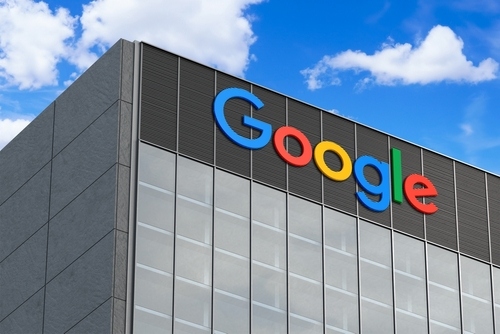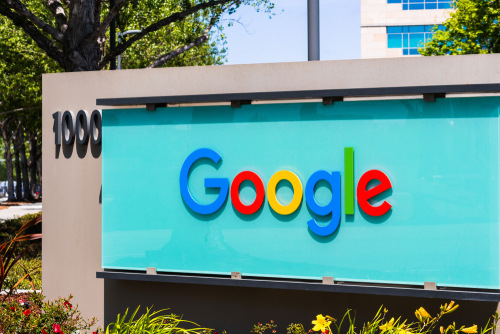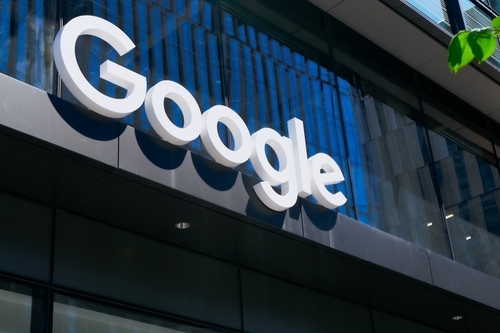Google moves to harness nuclear energy with Kairos power collaboration


Google has signed a significant agreement with Kairos Power to purchase nuclear energy generated from small modular reactors (SMRs). This initiative is designed to solve the growing energy problems in the United States and, in particular, the development of the artificial intelligence (AI) industry.
Kairos Power aims to commission the first reactor by 2030, with other units expected to come online by 2035. The goal is to provide between 300 to 500 MW of clean energy to the power grids of the US.
This agreement underscores the need for stable, base-load energy that can work in conjunction with intermittent renewable sources of energy like wind and solar. For Google, integrating SMRs into its clean energy portfolio is necessary for its business continuity as well as for its data centers.
Kairos Power still needs the U.S. Nuclear Regulatory Commission’s permission for the design and construction of the plant. The company has already received permission for a pilot plant in Tennessee, which should be operational by 2027. At the moment, it has a development facility in Albuquerque, New Mexico, that assembled test units to evaluate separate parts and subsystems.
Environmental impact of SMRs remains under scrutiny
Although nuclear energy is known to be a carbon-neutral source, the future impacts that SMRs will have on the environment and the economy are still unclear. The construction and the functioning of nuclear power plants require many raw materials, and there are still questions regarding the disposal of nuclear waste.
This collaboration also seems to follow a pattern seen in other large tech companies engaging with the nuclear sector. The rise in artificial intelligence technologies and the high energy consumption that comes with them have made firms such as Microsoft and Amazon seek similar deals.
For instance, Microsoft worked with Constellation Energy to bring online a unit of the Three Mile Island nuclear plant. On the other hand, Amazon bought a nuclear-powered data center from Talen Energy this year.





